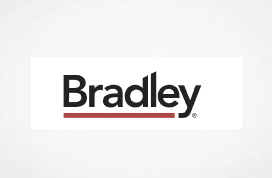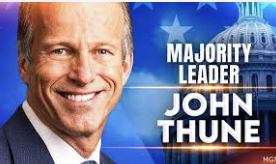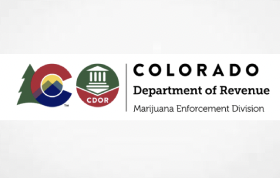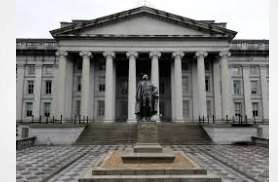During a hearing today on SB276, a proposal released only yesterday that would fundamentally change the landscape of Alabama’s nascent medical cannabis program, would have probably been less one-sided if the proposal called for all Alabamians to sing the University of Georgia fight song every morning.
I wrote about this unfortunate proposal yesterday, and while I suspected that it would not have much popular support, I was floored by the overwhelming opposition expressed to the proposal in a Senate hearing today. If the sponsors believed that holding a hearing less than a day after introducing such significant legislation would somehow mute the opposition, those hopes were dashed when two overflow rooms were needed to accommodate the members of the press and public who attended the hearing. Of the approximately two dozen members of the public who spoke at the meeting (each allotted a robust two minutes of speaking time), I counted exactly two who spoke in favor of the bill.
At the end of the hearing, Sen. David Sessions noted that he believed SB276 was a good proposal because it created a free market, and he noted that free markets bring out the best in operators. On the one hand, there is an obvious appeal to free markets, and in most cases, you’ll find no bigger proponent of free markets than this author. But believing a free market is good for a controlled substance like medical cannabis represents a fundamental misunderstanding of how the cannabis industry works and the risks of companies failing. If a system is created that essentially encourages most businesses to fail in order to discern the strongest ones, that may not be a problem if the market is for toaster ovens and the businesses can simply file for bankruptcy. Cannabis companies generally cannot file for bankruptcy. What they can do, however, is cut corners to decrease costs. They’ll stop spending the necessary resources on product testing, security, and safe packaging because the prices they can command will be nowhere near their projections once the market is flooded by three times as many operators. In a system supposedly designed to help the most vulnerable Alabamians, it’s hard to imagine why that system should promote products that are less safe.
I doubt very much that this legislation is going anywhere, and that is a good thing. As I’ve said before, there are reasonable revisions that could improve Alabama’s medical cannabis program. SB276, however, has the twin faults of (1) being almost universally unpopular and (2) creating a system that virtually ensures an oversupply of marijuana that will lead to failing operators, cutting corners, insufficient oversight, and a diversion of controlled substances to the black market once operators realize they are unable to operate at a profit given the imbalance between supply and demand.
To be fair to Sens. Tim Melson and Sessions (and particularly Sen. Melson, who was the architect of Alabama’s current medical cannabis program), I believe they are both well-intentioned public servants and that they believed SB276 would help pull the medical cannabis program out of its current inertia. I also believe they were poorly served by those who suggested the course of action proposed in SB276.
We’ll continue monitoring SB276 throughout the legislative session.



















